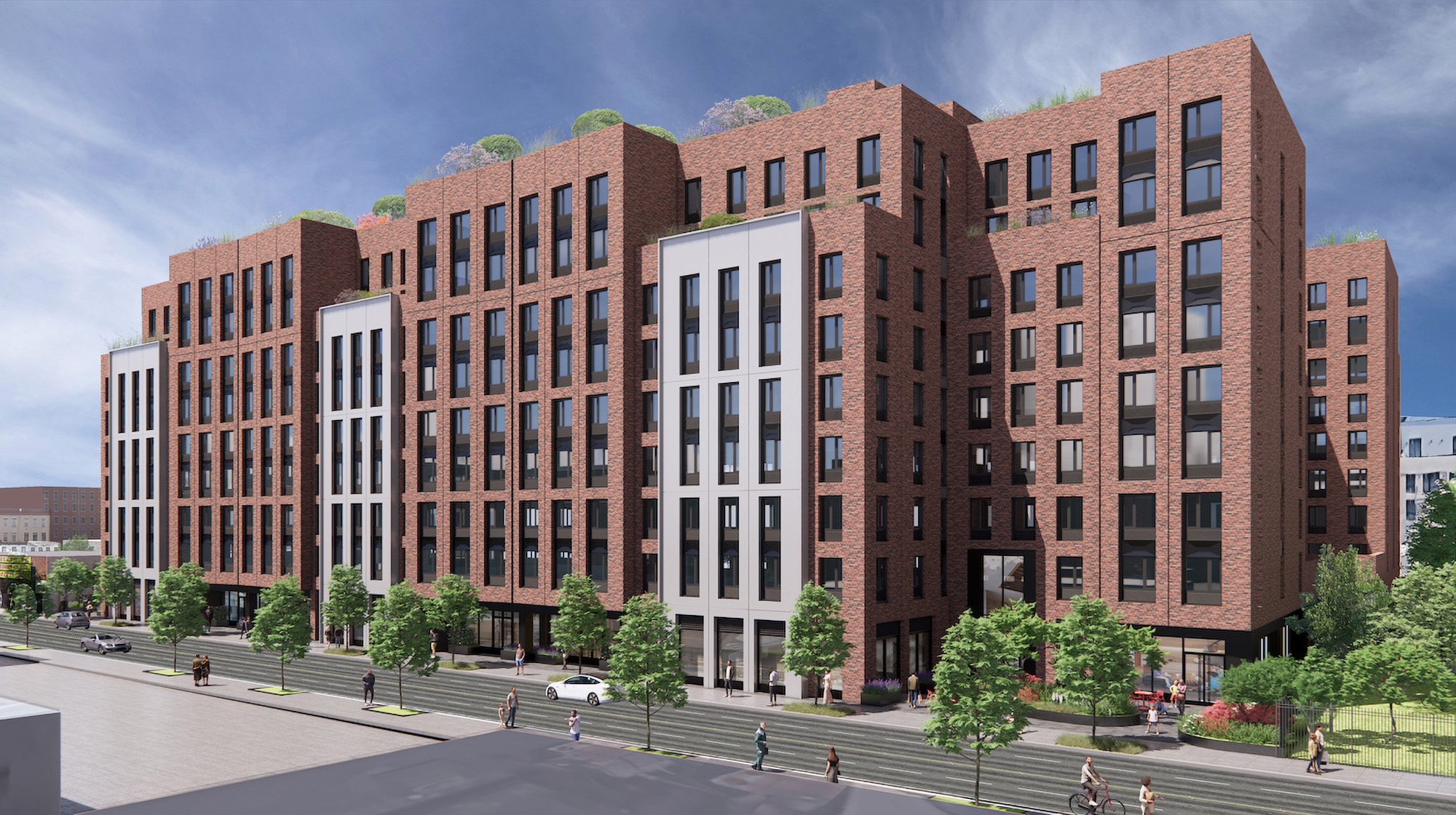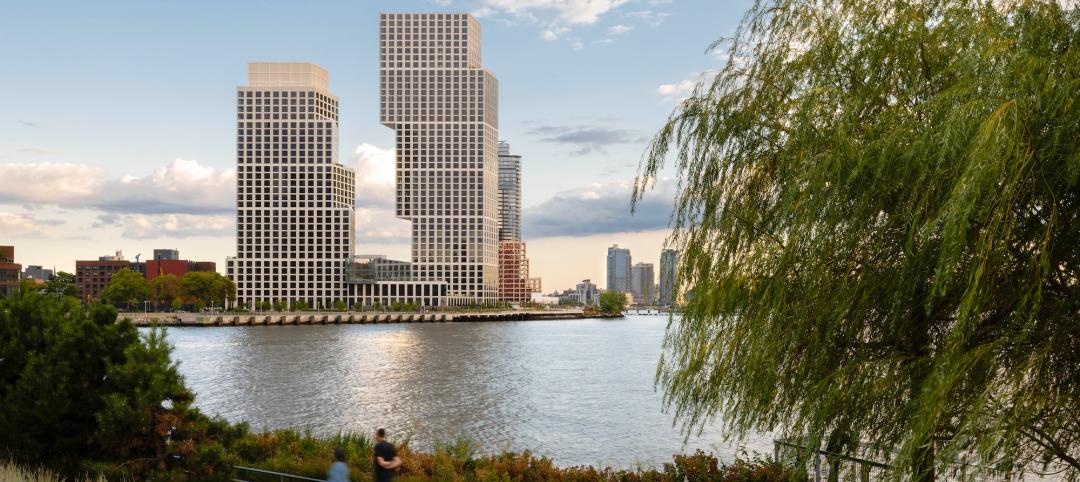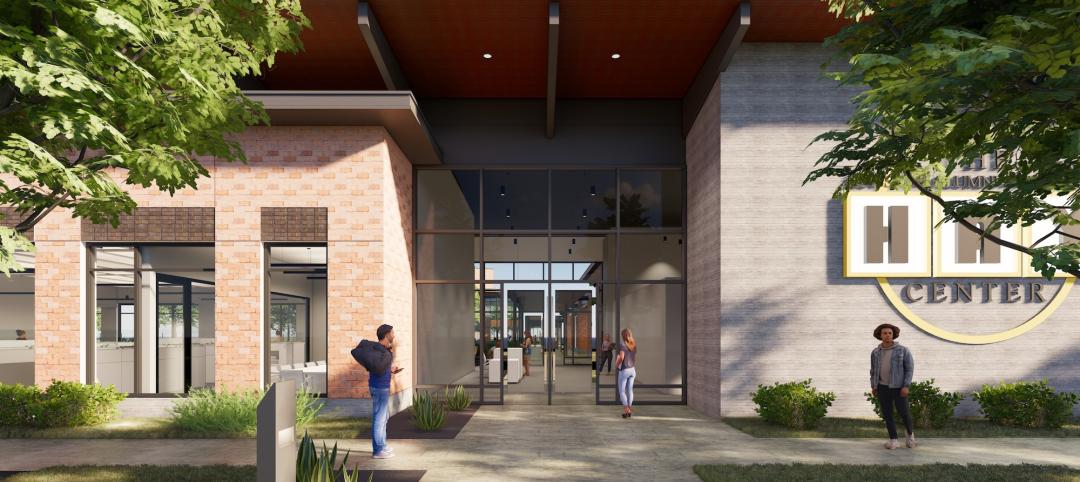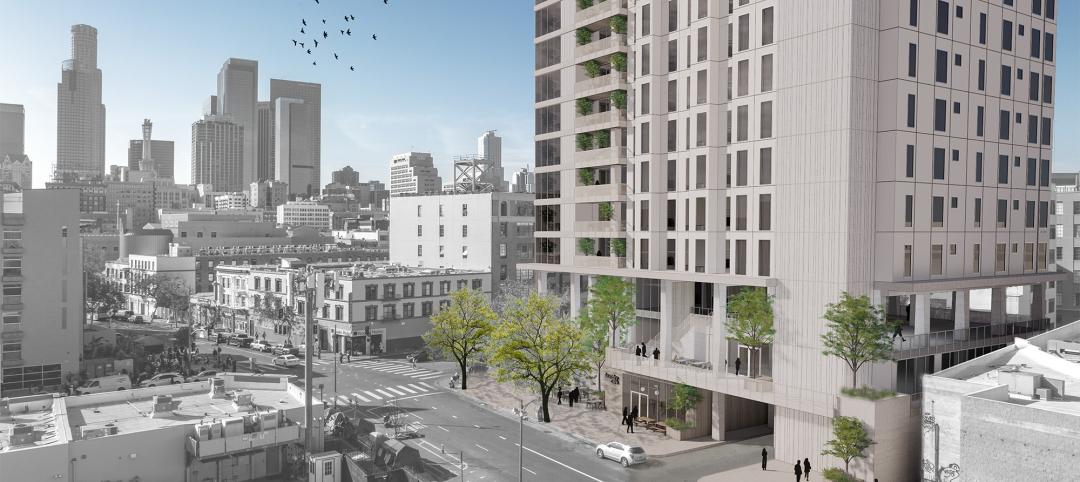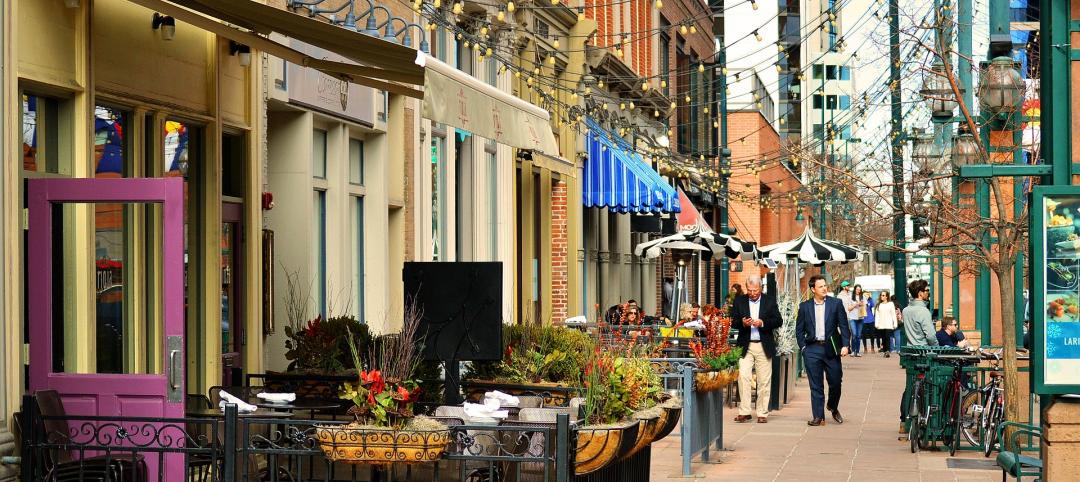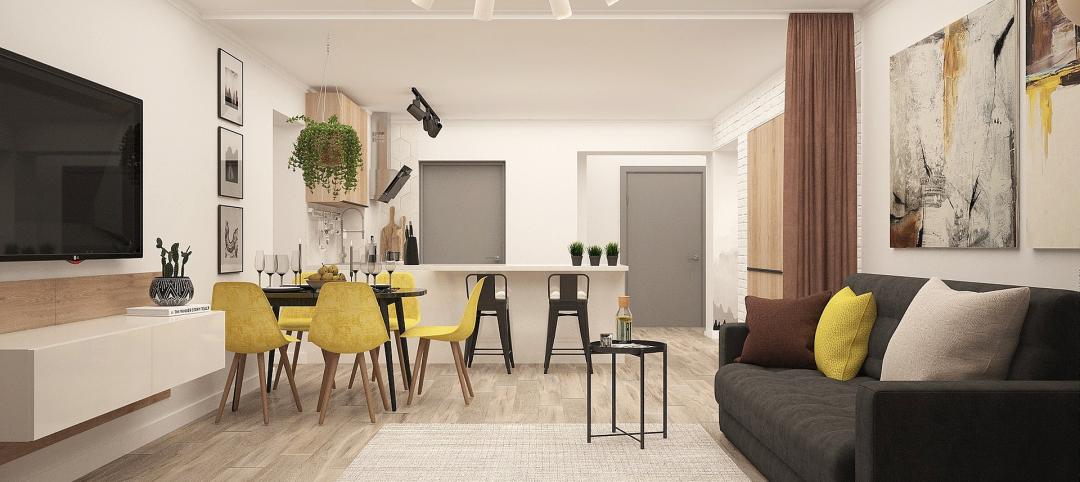Construction recently began on a project to create 328 units of permanently affordable and supportive homes for low-income and formerly homeless populations in Brooklyn, N.Y. The $237.9 million Clarkson Estates affordable housing development will be home to youth aging out of foster care, formerly incarcerated individuals, formerly homeless young adults, and formerly homeless families.
The project by CAMBA Housing Ventures, Inc. (CHV) targets Passive House certification and will offer more than 30,000 sf of community facility space including a broad array of onsite supportive services and recreational opportunities as well as nearly 15,000 sf of parking.
Passive House project elevates affordable housing in Brooklyn
Clarkson Estates is part of New York’s $1.4 billion Vital Brooklyn initiative, a community development program targeting and investing in eight integrated areas including healthcare and housing. The program’s aim is to establish a new standard for addressing chronic economic and health disparities in Central Brooklyn’s underserved communities. The initiative will create 4,000 affordable homes.
Clarkson Estates will transform the site that was formerly owned by The Health Science Center at Brooklyn Foundation, Inc. and used as a parking lot for SUNY Downstate Medical Center. CHV’s focus is on co-locating housing and healthcare to combine affordable housing and community resources to address the socio-economic determinants of health. CHV’s proven model of supportive services, nearby healthcare and on-site amenities helps transition families from survival to stability and success. CHV will provide tailored case management. Onsite community resources are focused on supporting economic development and workforce training, youth development and violence prevention, adult education and financial literacy, access to healthy food, recreation, and health and wellness.
The project will offer a mix of studios, one-, two-, and three-bedroom units at 30%, 40%, 50%, and 70% area median income (AMI). Clarkson Estates will be a 9-story brick and metal panel contextual building and feature a double-height lobby at both the residential and community facility entrances with plentiful access to natural light throughout common spaces. Amenities will include free Wi-Fi in units, 24/7 front desk security to enhance safety, extensive landscaping including courtyards and rooftop terraces to encourage socializing, a teaching kitchen for nutrition workshops, children’s playroom, computer room, indoor fitness center, laundry on every floor, flexible community rooms, bike storage, live-in superintendent, and local art throughout the building.
On the Building Team:
Owner and/or developer: CAMBA Housing Ventures, Inc.
Architect of record, design architect: CetraRuddy
MEP engineer: Dagher Engineering
Structural engineer: DeSimone Consulting Engineers
General contractor/construction manager: Bruno Frustaci Contracting
Related Stories
Multifamily Housing | Jul 31, 2023
6 multifamily housing projects win 2023 LEED Homes Awards
The 2023 LEED Homes Awards winners in the multifamily space represent green, LEED-certified buildings designed to provide clean indoor air and reduced energy consumption.
MFPRO+ New Projects | Jul 27, 2023
OMA, Beyer Blinder Belle design a pair of sculptural residential towers in Brooklyn
Eagle + West, composed of two sculptural residential towers with complementary shapes, have added 745 rental units to a post-industrial waterfront in Brooklyn, N.Y. Rising from a mixed-use podium on an expansive site, the towers include luxury penthouses on the top floors, numerous market rate rental units, and 30% of units designated for affordable housing.
Affordable Housing | Jul 27, 2023
Houston to soon have 50 new residential units for youth leaving foster care
Houston will soon have 50 new residential units for youth leaving the foster care system and entering adulthood. The Houston Alumni and Youth (HAY) Center has broken ground on its 59,000-sf campus, with completion expected by July 2024. The HAY Center is a nonprofit program of Harris County Resources for Children and Adults and for foster youth ages 14-25 transitioning to adulthood in the Houston community.
Affordable Housing | Jul 27, 2023
Repeatable, supportive housing for the unhoused
KTGY’s R+D concept, The Essential, rethinks supportive housing to support the individual and community with a standardized and easily repeatable design.
Adaptive Reuse | Jul 27, 2023
Number of U.S. adaptive reuse projects jumps to 122,000 from 77,000
The number of adaptive reuse projects in the pipeline grew to a record 122,000 in 2023 from 77,000 registered last year, according to RentCafe’s annual Adaptive Reuse Report. Of the 122,000 apartments currently undergoing conversion, 45,000 are the result of office repurposing, representing 37% of the total, followed by hotels (23% of future projects).
Multifamily Housing | Jul 25, 2023
San Francisco seeks proposals for adaptive reuse of underutilized downtown office buildings
The City of San Francisco released a Request For Interest to identify office building conversions that city officials could help expedite with zoning changes, regulatory measures, and financial incentives.
Multifamily Housing | Jul 13, 2023
Walkable neighborhoods encourage stronger sense of community
Adults who live in walkable neighborhoods are more likely to interact with their neighbors and have a stronger sense of community than people who live in car-dependent communities, according to a report by the Herbert Wertheim School of Public Health and Human Longevity Science at University of California San Diego.
Affordable Housing | Jul 12, 2023
Navigating homelessness with modular building solutions
San Francisco-based architect Chuck Bloszies, FAIA, SE, LEED AP, discusses his firm's designs for Navigation Centers, temporary housing for the homeless in northern California.
Multifamily Housing | Jul 11, 2023
Converting downtown office into multifamily residential: Let’s stop and think about this
Is the office-to-residential conversion really what’s best for our downtowns from a cultural, urban, economic perspective? Or is this silver bullet really a poison pill?
Adaptive Reuse | Jul 10, 2023
California updates building code for adaptive reuse of office, retail structures for housing
The California Building Standards Commission recently voted to make it easier to convert commercial properties to residential use. The commission adopted provisions of the International Existing Building Code (IEBC) that allow developers more flexibility for adaptive reuse of retail and office structures.



